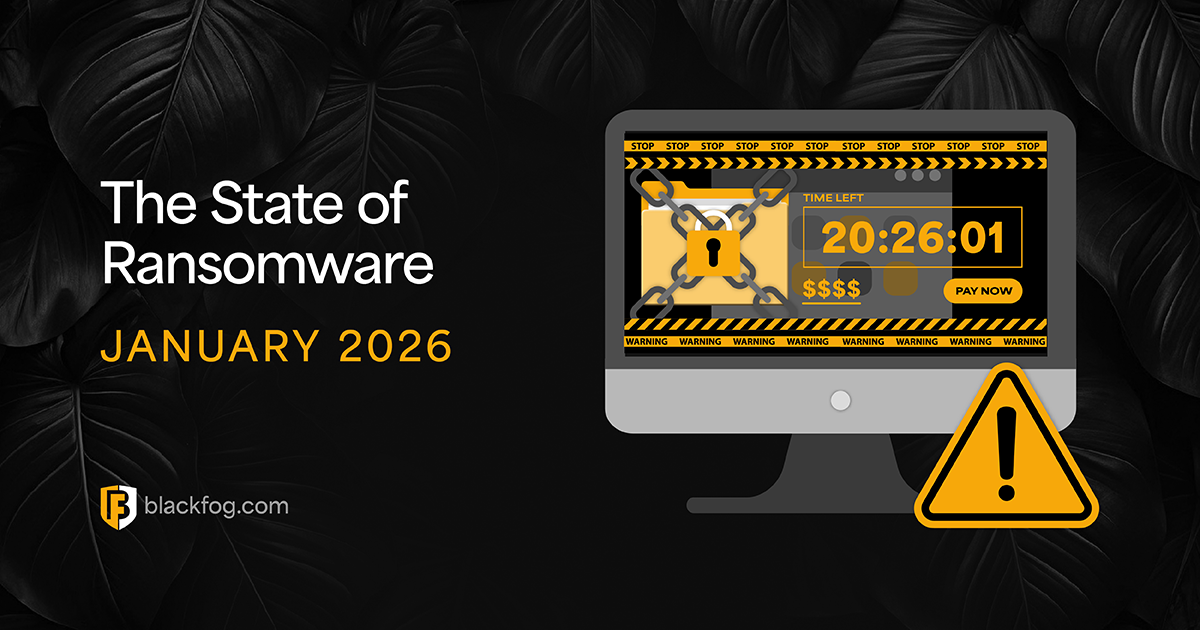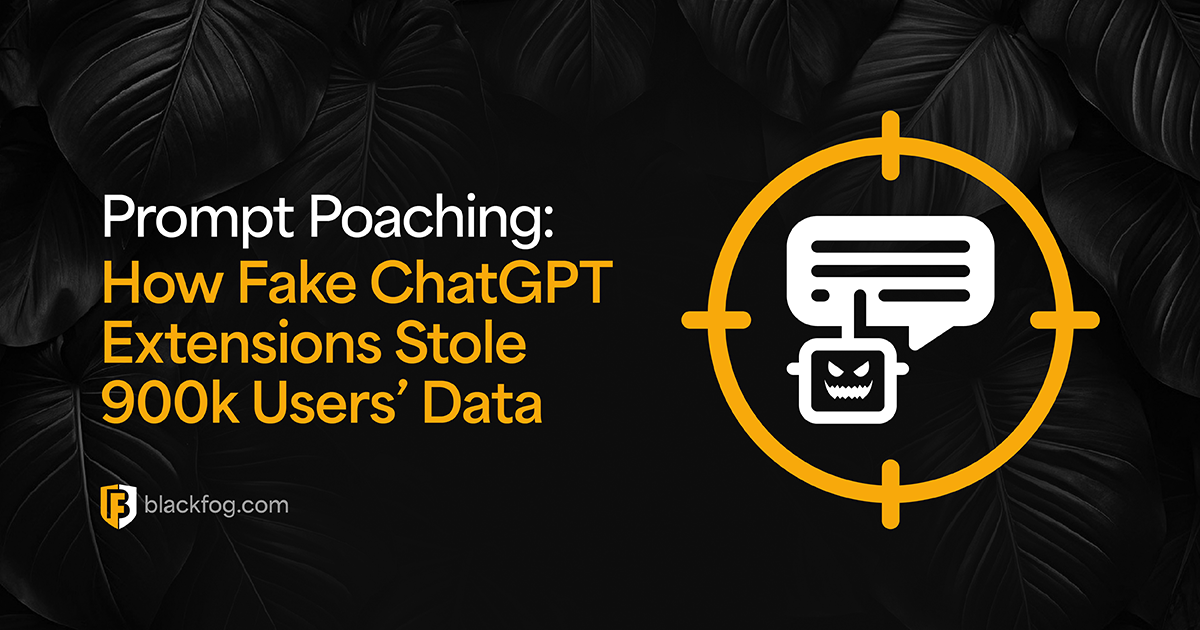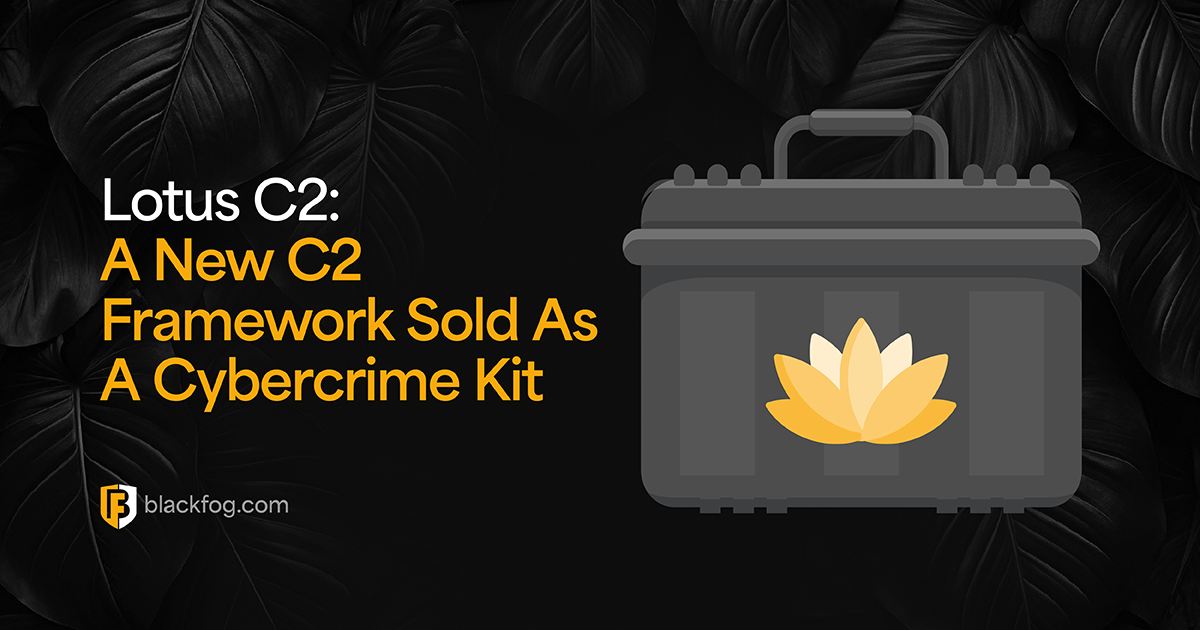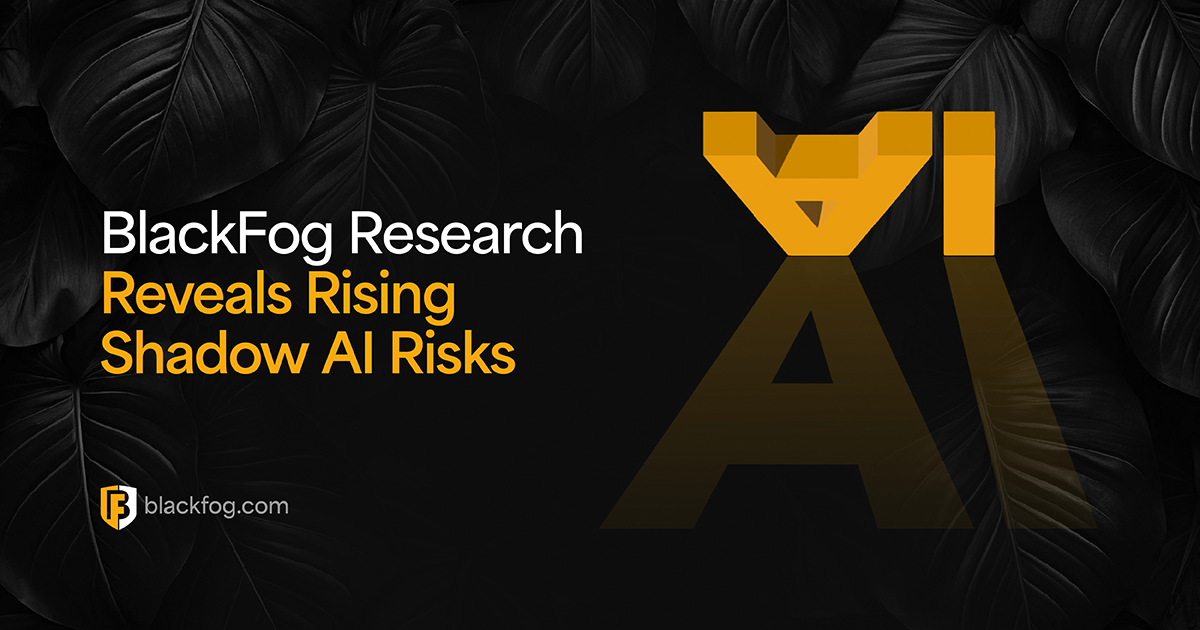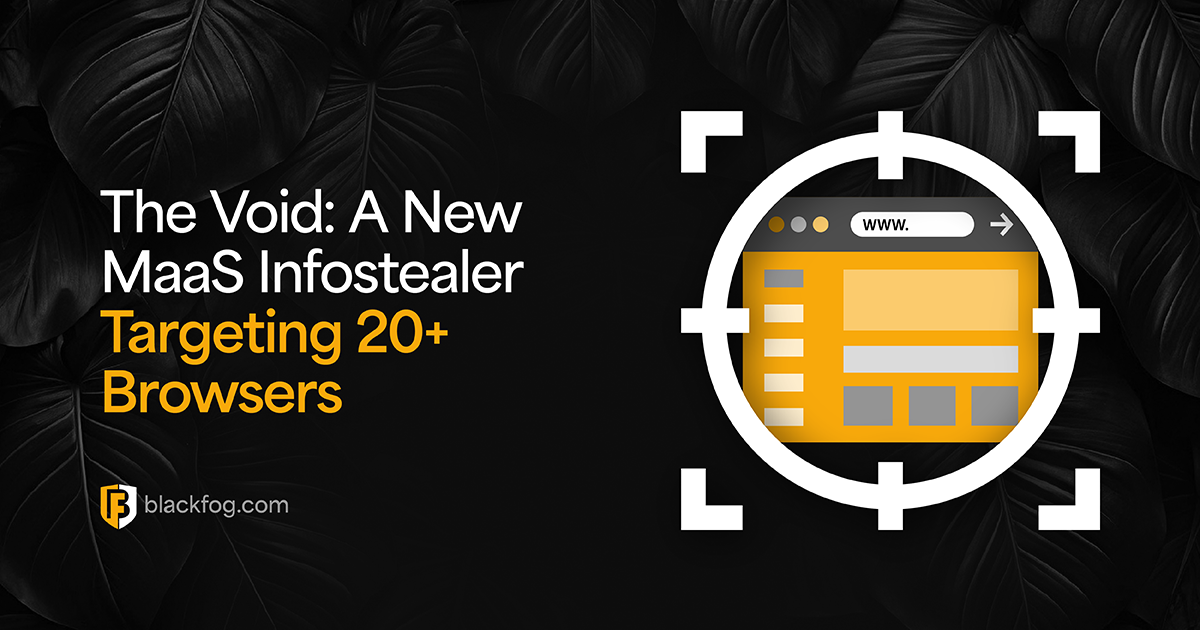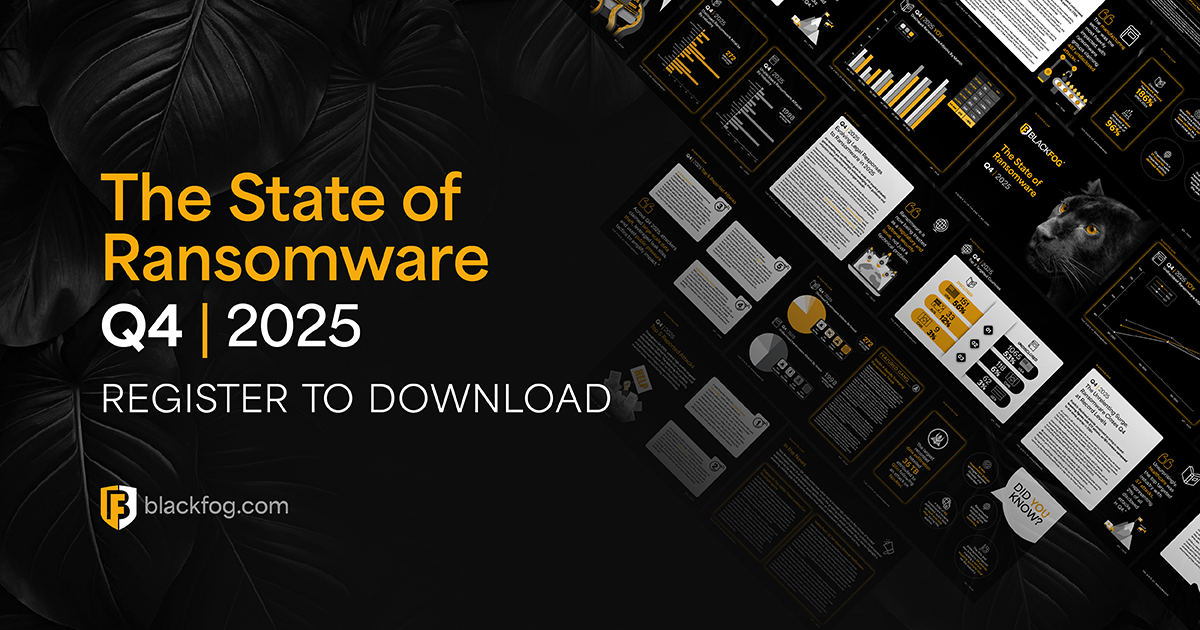
What is Privacy?
Once described as “the right to be let alone,” privacy is now best described as the ability to control data we cannot stop generating, giving rise to inferences we can’t predict.
With an estimated 2.5 Quintillion bytes of data generated each day, the ongoing challenge is how to control the data we can’t stop generating and protect it from ever increasing malicious threats.
In the wake of increasing privacy concerns and the arrival of new regulations, protecting privacy has never been more critical to ensuring business survival. While losing customer data can damage a brand’s reputation, trust, and revenue, preventing valuable corporate information from leaving the confines of the business and falling into the wrong hands is critical.
How is Privacy Compromised?
Company data is being stolen – often unknowingly. Every day the devices your organization uses runs tens of thousands of transactions as employees browse the internet or use applications. A high proportion of device transactions take place in the background, without the user’s knowledge – often resulting in sensitive company data unknowingly being sent to unidentified servers in regions where high levels of cyber-attacks originate.
Organizations don’t know what they can’t see so most are unaware that unauthorized data is leaving their environment and that their privacy is being compromised.
Why BlackFog?
The risk is real – it’s no longer a question of if, but when a cyberattack will occur and your data will be compromised. It’s inevitable that hackers will find a way into the network, BlackFog will stop them from getting out.
Through a layered approach to security BlackFog spots, in real-time, when an attacker is attempting to remove unauthorized data from your device or network and stops them in their tracks. BlackFog is the only company able to block outbound data flow while keeping all data on the device. BlackFog defends against ransomware, spyware, malware, phishing, unauthorized data collection and profiling.
Why a Preventative Approach is Required?
Having a plan to deal with the inevitability of a data breach is critical but it’s no longer enough. Organizations must take a proactive approach to protecting data security and privacy. Hackers will get into a network so organizations must implement cybersecurity tools that can identify threats in real time, shut them down and stop them in their tracks before they can remove any data or cause any harm.
To remain compliant with data legislation a layered approach providing protection from ransomware, spyware, malware, phishing, unauthorized data collection and profiling is required.
Share This Story, Choose Your Platform!
Related Posts
The State of Ransomware: January 2026
BlackFog's state of ransomware January 2026 measures publicly disclosed and non-disclosed attacks globally.
Prompt Poaching: How Fake ChatGPT Extensions Stole 900k Users’ Data
Two fake AI extensions hit 900k Chrome users, stealing chats, code and data – a stark example of Prompt Poaching.
Lotus C2 – A New C2 Framework Sold as a Cybercrime Kit
Learn how Lotus C2 enables credential theft, data exfiltration, and mass attacks, blurring red team and cybercrime lines.
Shadow AI Threat Grows Inside Enterprises as BlackFog Research Finds 60% of Employees Would Take Risks to Meet Deadlines
BlackFog research shows Shadow AI growth as 60% of employees accept security risks to work faster using unsanctioned AI tools.
The Void: A New MaaS Infostealer Targeting 20+ Browsers
Find out how Model Context Protocol (MCP) could be abused as a covert channel for data theft: five real risks, examples, and mitigations.
2025 Q4 Ransomware Report
BlackFog’s 2025 Q4 Ransomware Report - The Unrelenting Surge: Ransomware Closes Q4 at Record Levels


